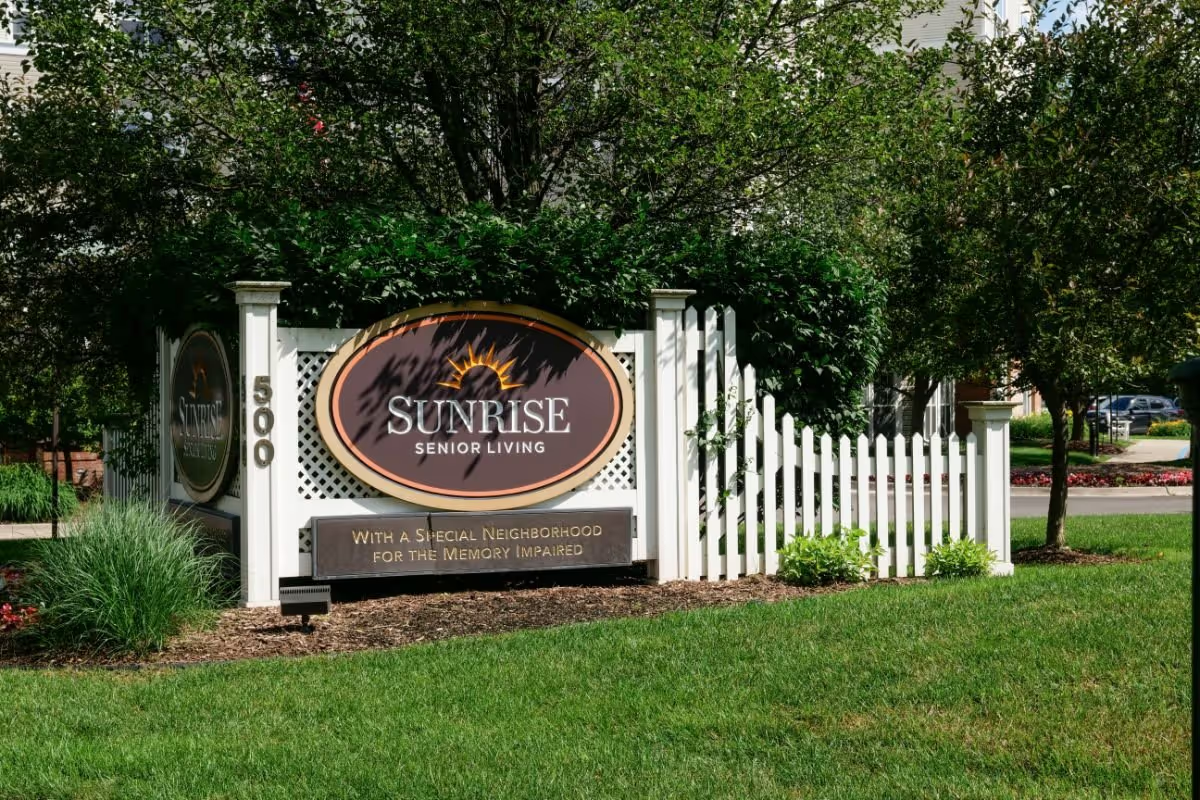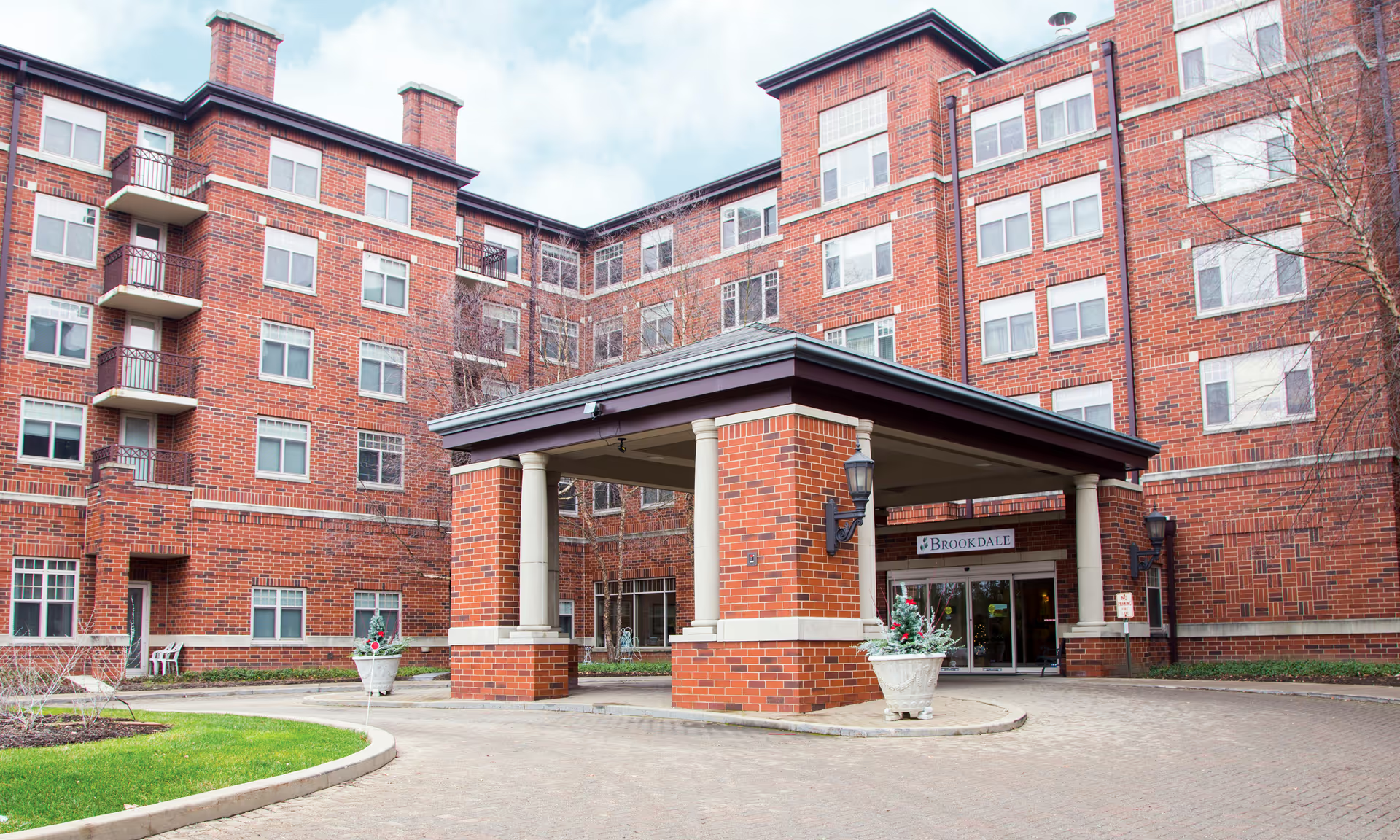The reviews for Vancrest - Upper Valley present a highly mixed picture with strong and repeated praise for individuals and certain services, juxtaposed against serious and recurring concerns about safety, consistency, and communication. A sizable portion of reviewers highlight warm, friendly, and caring staff who provide attentive daily care—feeding, bathing, assistance with mobility—and in many cases go "above and beyond." Several accounts describe therapists and a well-equipped rehab room that supports residents learning to walk again, and some families report quick problem resolution, open professional communication, and that residents thrived under the care. The facility’s interior, dining room, and activity spaces are frequently described as attractive and well-maintained, with regular activities such as bingo three times a week, occasional crafts, and exercise programs noted as available.
At the same time, there are persistent and serious negative themes that cannot be overlooked. Multiple reviewers report inconsistent care quality: while some staff and shifts are praised as top-notch, other accounts describe horrific interdepartmental communication, an ineffective social worker, and staff that are unresponsive or dishonest. There are alarming safety-related reports including residents not being fed for days, being denied liquids, medication concerns (overmedication and possible errors), falls, and even an incident described as a suspected stroke tied to communication failures. These reports include accounts of bedpan neglect for hours, use of shared slings in showers, and improper collection of urine samples — all of which raise red flags about adherence to basic care and infection-control practices.
Staffing and workload issues are a recurring root cause in the negative reviews. Several comments explicitly state there are too many patients and not enough help, and this understaffing is linked by reviewers to missed care tasks, slow responses, and increased risk of incidents. Family communication is another mixed area: while some families were kept well informed and felt reassured, others experienced poor phone contact, lack of transportation arrangements, or felt excluded from care decisions. In several extreme cases families reported hospice being discussed without clear communication and transfers to hospital, with at least one family stating their relative thrived after moving to another facility.
Dining and nutrition receive varied feedback. The dining room and meal presentation are often praised, yet the food itself draws criticism in multiple reviews. Salt-restricted diets and associated blandness are cited as making meals unappealing; some reviewers called food inedible, while others said meals were fine or even good. Basic needs logistics also came up: water not being kept in rooms and residents frequently needing ice water were noted as annoyances that affect comfort and hydration.
Overall, the pattern that emerges is one of significant variability: Vancrest - Upper Valley appears capable of excellent, compassionate, and family-oriented care in many instances, supported by pleasant facilities and a range of activities. However, several serious and specific negative reports—especially around safety, neglect, medication practices, communication breakdowns, and insufficient staffing—indicate systemic issues that have led to harm or near-harm in some cases. Prospective residents and families should weigh the strong positive personal testimonies about staff and rehabilitation against the documented risks. If considering this facility, important steps would include asking for specifics about staffing ratios, incident and medication-error policies, how interdepartmental communication is managed, how shared-room residents’ needs are accommodated (especially wheelchair users), and how families will be kept informed during a stay.







